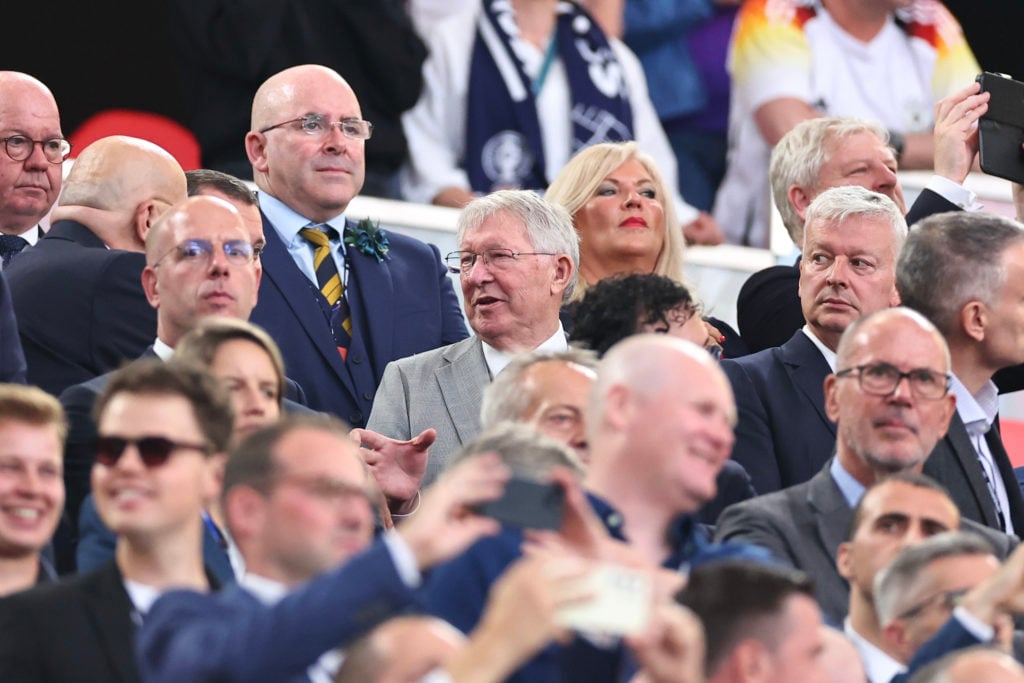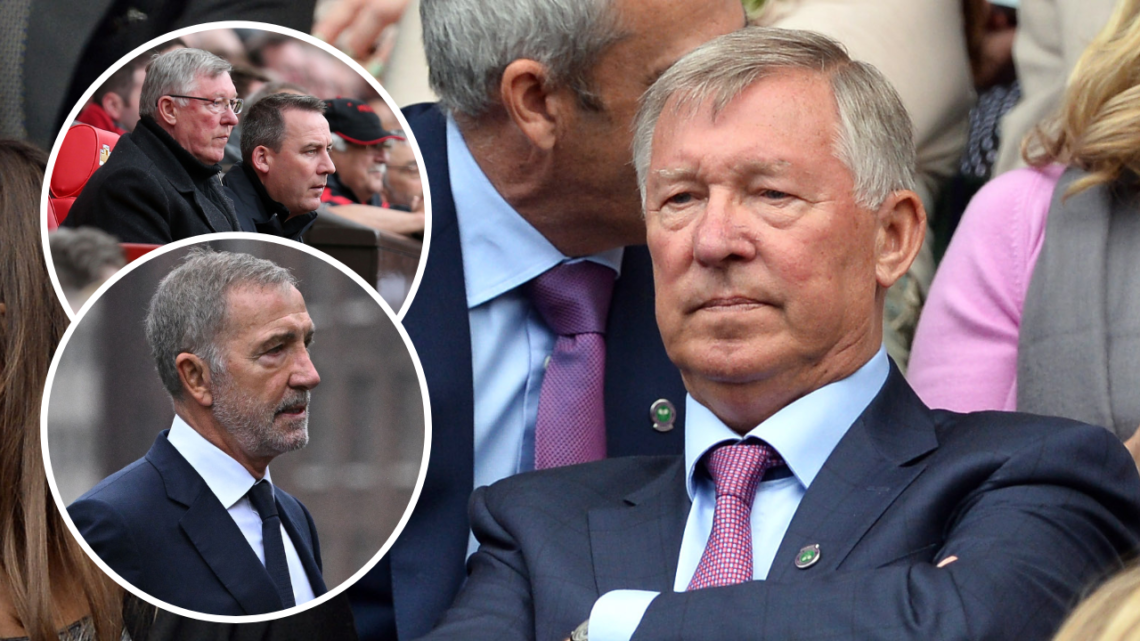Graeme Souness has praised how Sir Alex Ferguson handled the development of one Manchester United legend in his “early days” and how he deeply protected him.
Sir Alex Ferguson is widely considered one of the best managers of all time after a prolific career in Scotland with Aberdeen and in England with Manchester United.
The legendary 82-year-old Scotsman bowed out of Old Trafford in 2013 after he led the Red Devils to their last Premier League title in the 2012-13 season.
Ferguson hoovered up the major silverware during his prolific reign at Old Trafford, including lifting 13 Premier League trophies and two Champions League titles.
The United legend was also the first manager in history to lead an English team to a continental treble, with the Red Devils achieving the feat in their 1998-99 season.
Ferguson was well known for wanting the best in class at Old Trafford and managed a roster of talent, including Cristiano Ronaldo, Ryan Giggs and Eric Cantona.

Souness on Ferguson’s treatment of Man Utd legend
Speaking in his column for The Daily Mail, Graeme Souness brought up Manchester United legend Sir Alex Ferguson during his discussion about Jude Bellingham.
Jude Bellingham has been a key player for England at Euro 2024 in Germany, despite underwhelming at times with his performances.
The 21-year-old made an impact at this summer’s Euros and scored the winner in the 1-0 win against Serbia and a crucial equaliser in the 2-1 victory over Slovakia.
Souness insisted that Bellingham needed to be ‘pulled back’ from talking so much and needed the same protection that Ferguson offered Ryan Giggs.
One of the famed ‘Class of ‘92’ members, Ryan Giggs spent his entire legendary playing career at Old Trafford and had a sensational impact at United.
Souness pointed out that Ferguson protected United legend Giggs when the “hype” surrounded him and focused on making the Welshman a “top player first.”
“Jude Bellingham needs to pull back from talking so much otherwise the media will eat him up,” the Liverpool legend wrote for the newspaper.
“The best example of managing young talent I can think of was Sir Alex Ferguson with Ryan Giggs.
“In the early days of his Manchester United career, with all the hype that surrounded him, he was barely allowed to say a word. It was all about concentrating on becoming a top player first.
“Everyone will want a piece of him. He’s a young man who plays for Real Madrid and England, every media outlet wants his comment every single minute on everything.”
Neville on Ferguson handling Giggs and Man Utd players
Gary Neville, who came through the United youth academy, previously revealed how Ferguson shielded the likes of Ryan Giggs and David Beckham when they were younger.
Speaking on Sky Sports in 2020 alongside Souness, he said: “If you remember, particularly in the early years of Ryan Giggs, he didn’t let him speak.
“He managed him completely for a period of years thinking that the media would try and stitch him up.
“If you remember at the time, there was a very aggressive approach in the ‘80s, early ‘90s towards players.
“If you think about Paul Gascoigne, how they would treat Graham Taylor with England. If you think about the attacks, David Beckham after the 1998 World Cup.
“There was a great mistrust between the media and players at that time and Sir Alex Ferguson protected his players, his young players enormously.
“So, in terms of just being allowed to do an interview, it would always be done with someone the manager would trust.
“We would never let Ryan or David Beckham or a young player go into an interview room with a group of tabloid journalists and say, ‘Go on in you, go.’ He would never allow that.
“He would maybe allow them to go and speak to a trusted journalist, a trusted person in the media or in broadcast at an arranged time where he had pre-screened the questions.”
